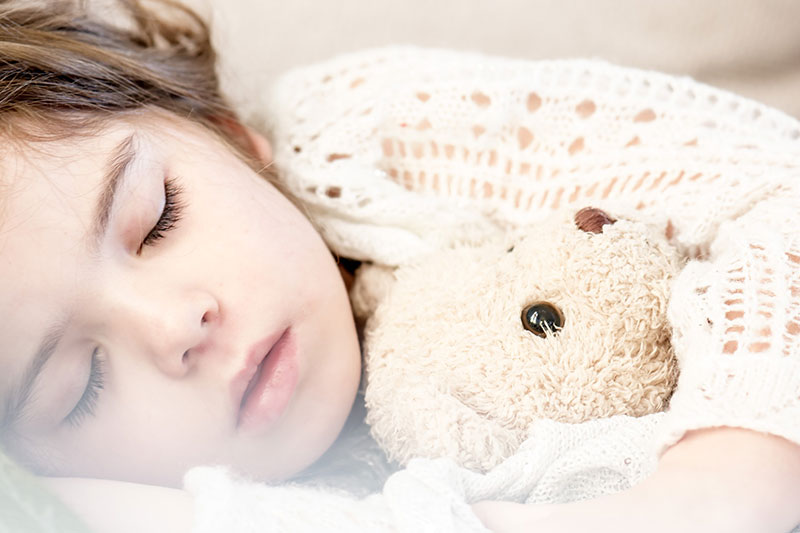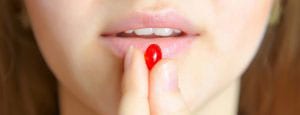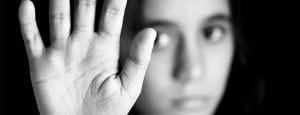Currently, the standards-of-care for narcolepsy include lifestyle changes involving diet and exercise, behavioral therapy, nap therapy, and certain medications designed to combat excessive daytime sleepiness. However, a majority of these options are targeted towards adults living with this condition. What therapeutic options could benefit pediatric patients with narcolepsy, especially given that this is when the disease onset begins? According to an article in Healio, pitolisant showed positive efficacy and safety in adults with narcolepsy. Researchers wanted to determine whether the therapy would ultimately be effective within a specified pediatric population (ages 6-17).
Altogether, 110 participants enrolled in the trial and 107 finished the trial. To enroll, participants must have not taken psychostimulants for 2 weeks and scored 15 or higher on the Pediatric Daytime Sleepiness Scale. A slight majority of the patients enrolled were male and a more significant majority also had cataplexy, a unique narcolepsy symptom characterized by sudden and uncontrollable muscle weakness; cataplexy is often triggered by strong emotions.
Participants received either escalating doses between 5-40mg pitolisant or a placebo. The trial findings, published in The Lancet Neurology, show that pitolisant significantly reduced excessive daytime sleepiness in this population when compared to the placebo. While some side effects occurred, such as headaches and insomnia, none were serious or life-threatening. Therefore, the study authors suggest that pitolisant could be an effective treatment for children with narcolepsy and cataplexy.
About Narcolepsy
Narcolepsy is a chronic sleep and neurological disorder in which the brain isn’t able to regulate the sleep-wake cycle. As a result, people with narcolepsy may be excessively sleepy, fall asleep suddenly or without warning, experience hallucinations, or have cataplexy. Not every person with narcolepsy also has cataplexy, though it is pretty common. People with cataplexy are usually awake and aware of what is happening but cannot move.
Symptoms of narcolepsy can include:
- Excessive daytime sleepiness
- Sleep paralysis
- Changes in REM sleep
- Intense fatigue
- Limb weakness
- Poor memory and concentration
- Slurred speech
- Insomnia
- Obstructive sleep apnea






